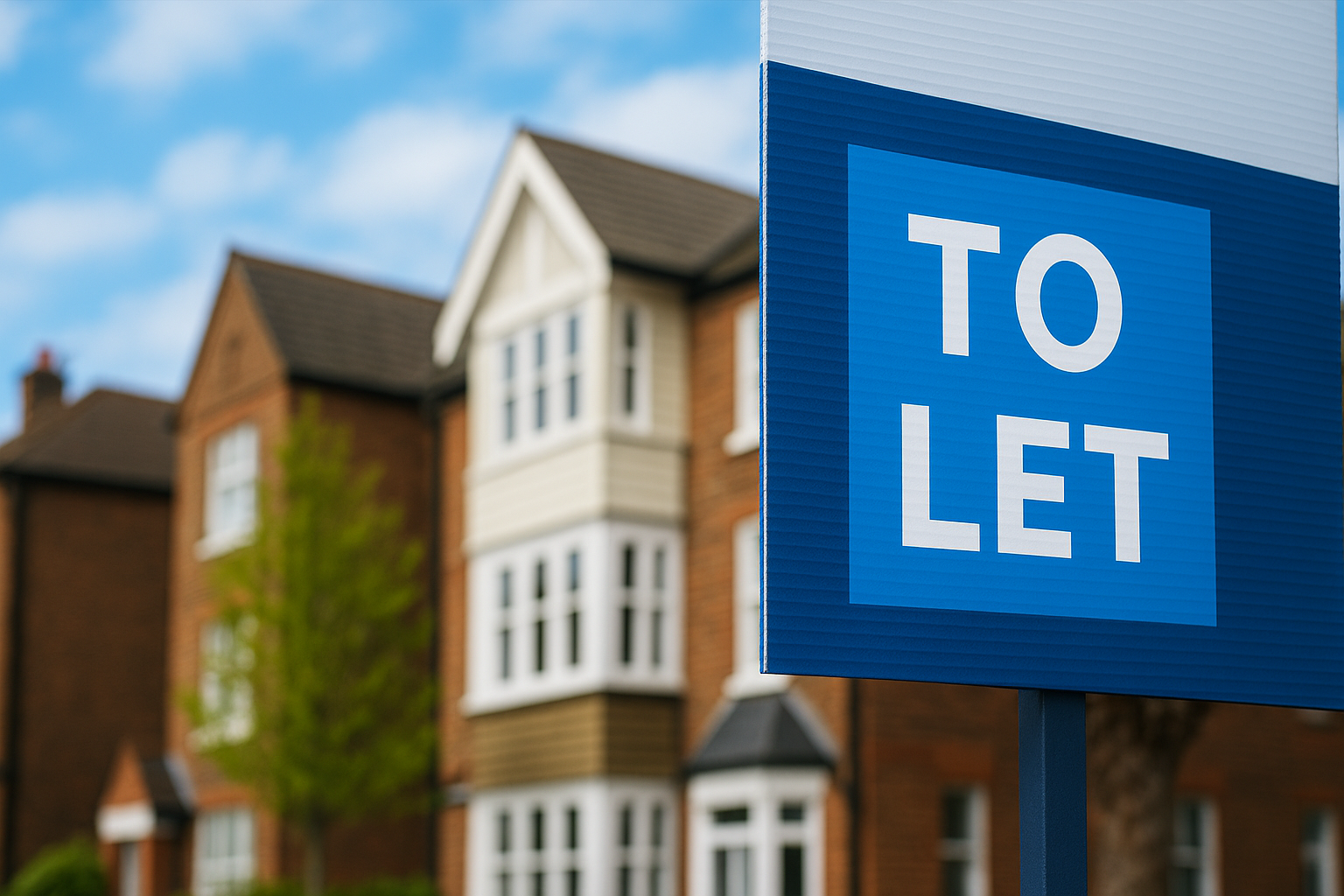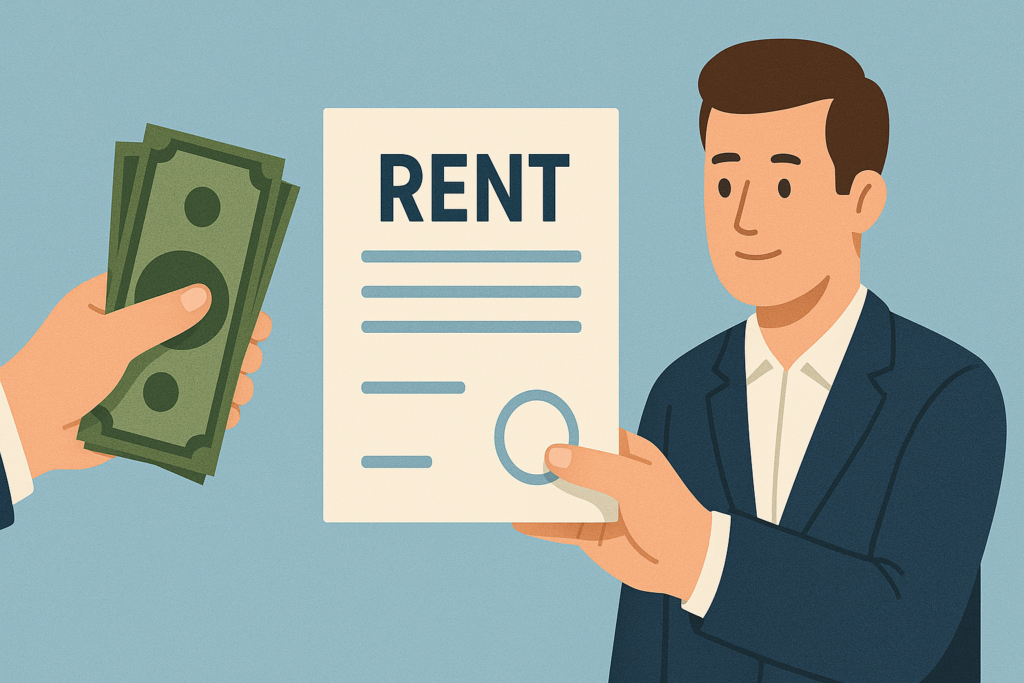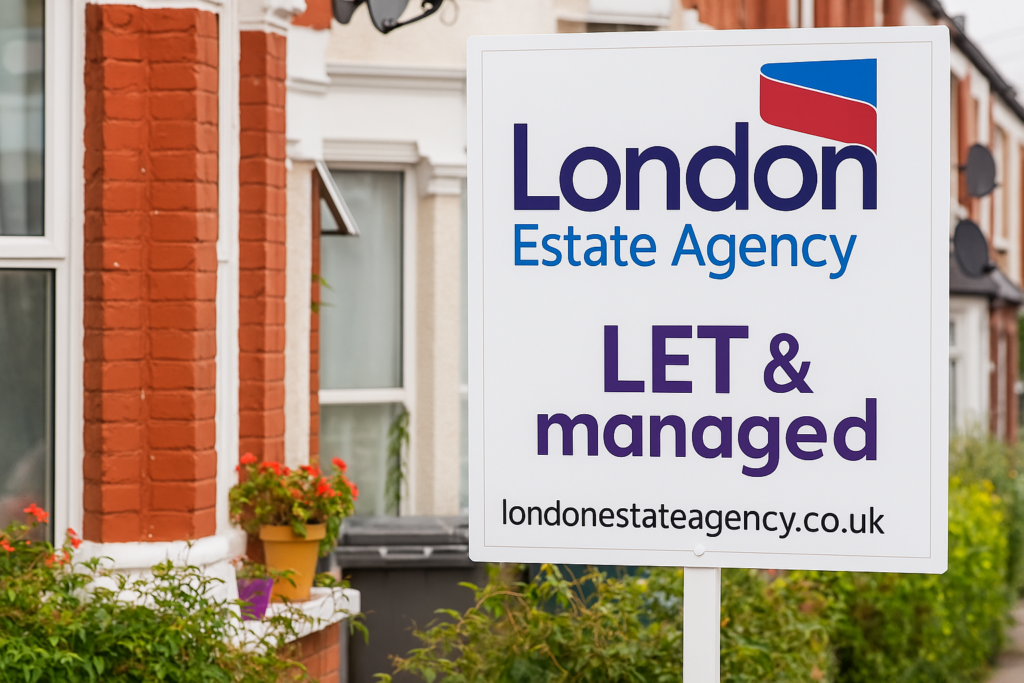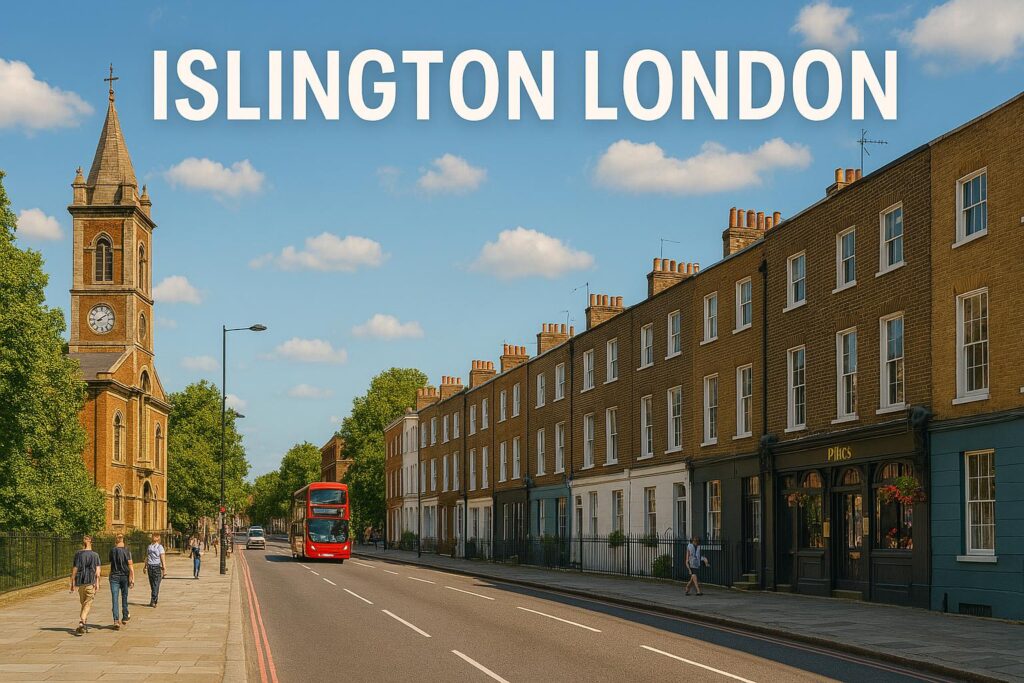Renting out property in London can be a profitable venture, but it comes with legal responsibilities—one of the most critical being whether a rental licence is required.
At London Estate Agency, we guide landlords through the entire lettings process, from licence requirements to tenant vetting, rent protection, and legal compliance.
Below is a comprehensive breakdown of rental licensing laws in London and how our agency ensures you’re fully covered.
Understanding Property Licensing in London
Depending on your property type, location, and tenant structure, you may be legally required to hold one of the following licences:
- Mandatory HMO Licence – For Houses in Multiple Occupations (5+ people from 2 or more households).
- Additional Licensing – Required by some boroughs for smaller HMOs (3+ people from 2+ households).
- Selective Licensing – Applied by local councils to all rented properties in designated areas, regardless of size or occupants.
Failure to obtain the correct licence can result in fines of up to £30,000, rent repayment orders, and even criminal prosecution.
Many landlords are unaware they need a licence—until it’s too late. That’s where we step in.
Which London Boroughs Require a Licence?
Licensing requirements vary by borough. Some boroughs have rolled out borough-wide selective licensing, including:
Others apply additional or selective licensing to specific postcodes.
Our in-house legal compliance team checks your property address against council databases to determine if a licence is mandatory—saving you time and stress.
How Can I Check if My Property Requires a Licence?
You can manually check by visiting your local council’s website or let us handle it for you as part of our fully managed lettings service. We’ll ensure:
- You’re informed about licensing requirements.
- You meet all conditions, including fire safety, electrical checks, and property standards.
- Your licence application is filed correctly and promptly.
We also offer landlord compliance audits to identify potential legal risks across your portfolio.
What Happens If I Rent Without a Licence in London?
Renting without the necessary licence can have serious consequences:
- Up to £30,000 in fines from the local authority.
- Rent repayment orders force you to pay back up to 12 months’ rent to tenants.
- Criminal prosecution and a criminal record.
- Banning orders will disqualify you from managing properties in the future.
Don’t leave compliance to chance. We ensure full legal protection so your investment remains profitable and trouble-free.
Do I Need a Licence If I’m Letting to a Single Household?
In many cases, if you’re renting to a single-family unit, you may not require a licence—unless your property falls in a selective licensing zone.
Borough councils designate these to improve housing standards.
If your property is in a borough like Newham, even a single-let property may require a licence.
We conduct localised due diligence to confirm what’s required for your situation and act accordingly.
How Much Does a Property Licence Cost in London?
Licence fees vary widely:
- HMO licences: Between £500 and £1,500+, depending on borough and size.
- Selective licences: Often between £400 and £900.
- Additional licences: Typically £600–£1,200.
As part of our lettings management service, we file and manage the entire licensing process—ensuring you’re fully compliant while saving you money and hassle.
How Long Does a Licence Last?
Most licences are valid for five years, depending on your borough. Some councils may issue shorter licences based on property conditions or past breaches.
We maintain a digital compliance calendar for each of our landlords, alerting you before renewals are due and ensuring your legal status never lapses.
What Are the Conditions Attached to a Property Licence?
Each licence comes with specific conditions, such as:
- Annual gas safety checks
- Electrical safety reports
- Smoke alarms and carbon monoxide detectors
- Proper tenancy agreements
- Regular property maintenance
Our team ensures that all licensing conditions are met and documented.
As part of our landlord services, we also provide EPCs, Gas Safety Certificates, and EICRs at competitive rates.
Do I Need a Licence to Rent on Airbnb or Short Lets?
Yes. Short-term letting in London (under 90 days) often requires:
- Planning permission
- Landlord licence (in some boroughs)
- Fire risk assessments
We specialise in legal short-let management, helping landlords avoid hefty penalties and compliance issues.
How We Help Landlords Stay Fully Compliant
At London Estate Agency, we offer an end-to-end solution for London landlords that includes:
- Property licence application and renewals
- Tenant screening and referencing
- Rent collection and guaranteed rent
- Maintenance and compliance checks
- Legal support for notices and disputes
- Regular market rent reviews
Whether you’re a first-time landlord or managing an extensive portfolio, our team ensures your property stays profitable, compliant, and hassle-free.
Common Questions London Landlords Ask
Can I rent out my house without informing the council?
No. If a licence is required and you don’t inform the council, you’re at risk of fines, bans, and criminal records.
We ensure all declarations and filings are made on your behalf.
Is a licence the same as a tenancy agreement?
No. A licence is a legal authorisation from the council, while a tenancy agreement is a contract between landlord and tenant.
Both are legally essential, and we draft fully compliant agreements tailored to each tenancy.
What’s the difference between HMO and selective licensing?
HMO licensing relates to shared houses with multiple unrelated tenants.
Selective licensing can apply to any rental property, even single-family lets if it’s in a designated zone. We assess and apply the correct scheme for you.
Don’t Risk Your Investment – Partner With Experts
Navigating licensing laws in London can be overwhelming, especially with inconsistent borough rules.
We offer a bespoke property compliance service to protect your investments while maximising your returns.
Let London Estate Agency take the stress off your shoulders. From licensing to legal notices, we provide full support tailored to your property type and location.





